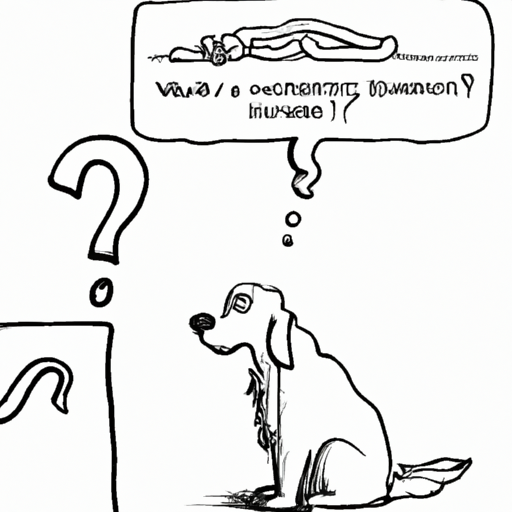Understanding Parasites in Dogs
As a caregiver, it’s crucial to comprehend the potential risks and hazards that could affect your beloved pet. One such risk is parasitic worms. Dogs, just like humans, can fall prey to various types of worms. Worms can become a problem from eating something they shouldn’t, walking on contaminated soil, or even from a mosquito bite.
The Various Types of Worms
There are several types of worms that can infect your dog, each with its unique traits, symptoms, and modes of transmission. Here are the most common ones:
- Heartworms: These are spread through mosquito bites. They live in the heart and major blood vessels, causing severe heart disease and eventually death if not treated.
- Roundworms: These are typically ingested from contaminated soil or feces. Puppies can contract these worms from their mother’s milk.
- Tapeworms: These are usually contracted by ingesting an infected flea.
- Hookworms and Whipworms: These are contracted from ingesting contaminated soil or feces.
How Worms Affect Your Dog’s Health
Worms can have a profound impact on your dog’s health. Depending on the type of worm, they can cause a variety of symptoms, such as:
- Weight loss
- Diarrhea
- Vomiting
- Anemia
- General weakness
It’s worth noting that some worms can also affect humans, making prompt and effective treatment even more important.
Preventing and Treating Worms
The good news is, there are several ways to prevent and treat worms in dogs. Here are some steps you can take:
- Regular vet check-ups: Your vet can perform fecal tests to check for worms.
- Heartworm prevention medications: These are usually given monthly and can prevent heartworms.
- Deworming puppies: Puppies should be dewormed several times during their first few months of life.
- Keeping your environment clean: Pick up dog feces promptly and keep your yard clean.
FAQ
Q: Can I get worms from my dog?
A: Yes, some types of worms can be transmitted from dogs to humans.
Q: How often should I deworm my dog?
A: Puppies should be dewormed every 2 weeks until 12 weeks of age, then monthly until 6 months of age. After 6 months all dogs need to be dewormed every 3 months.
Q: What are the symptoms of worms in dogs?
A: Symptoms can include diarrhea, vomiting, weight loss, and a dull coat.
Q: Can my dog get worms from another dog?
A: Yes, if your dog comes into contact with infected feces, they can contract worms.
Q: What should I do if I think my dog has worms?
A: If you suspect your dog has worms, you should take them to the vet for a check-up as soon as possible.
Armed with this knowledge, you can better protect your furry friend from the threat of worms. Remember, prevention is always better than cure. So, keep an eye out for the signs and symptoms, maintain a clean environment, and ensure regular visits to the vet.



